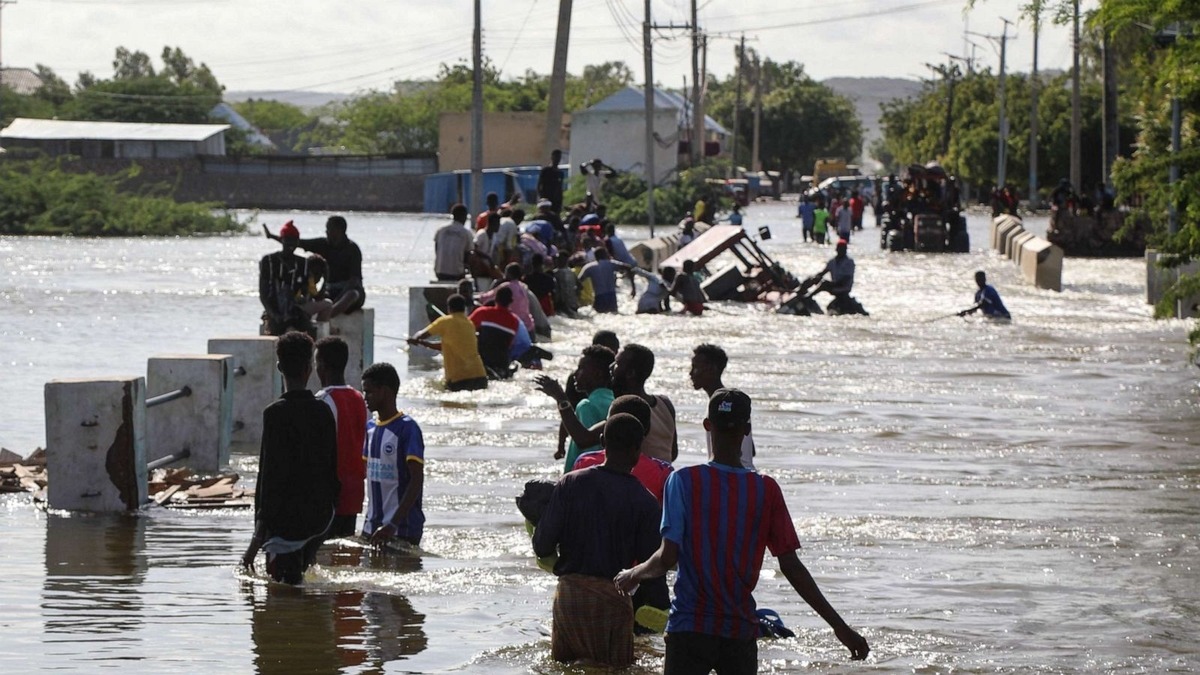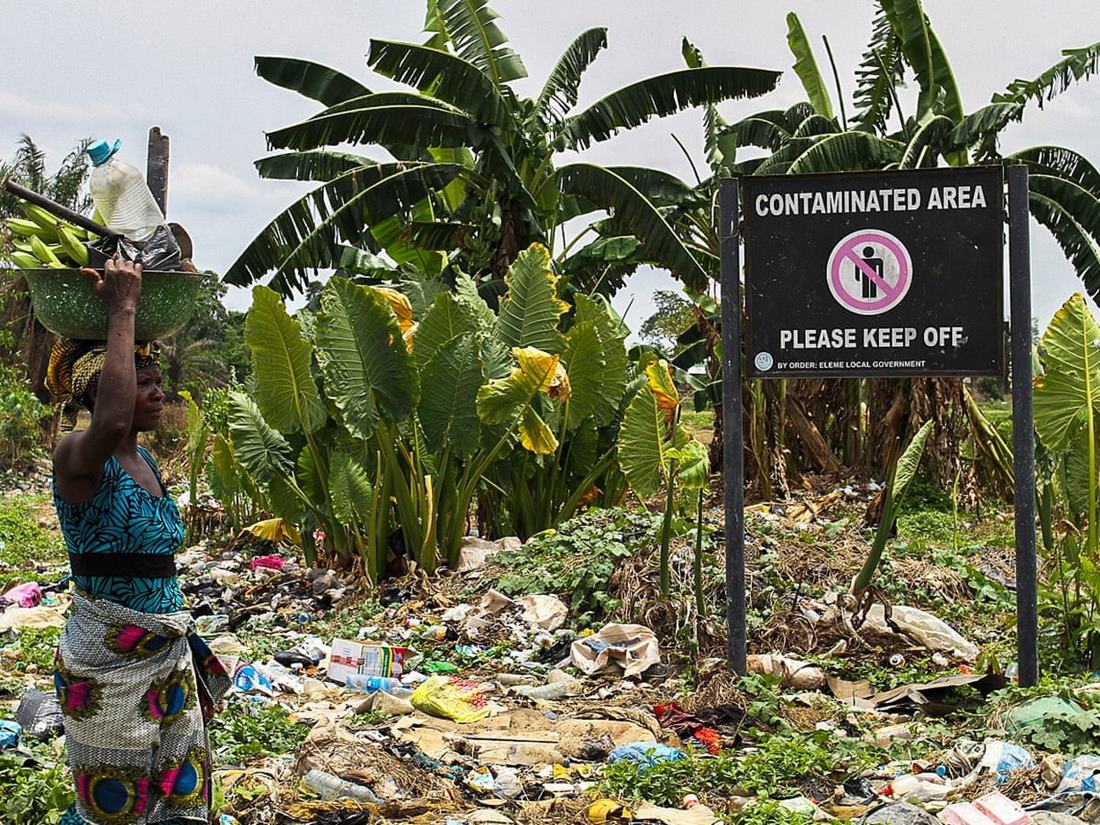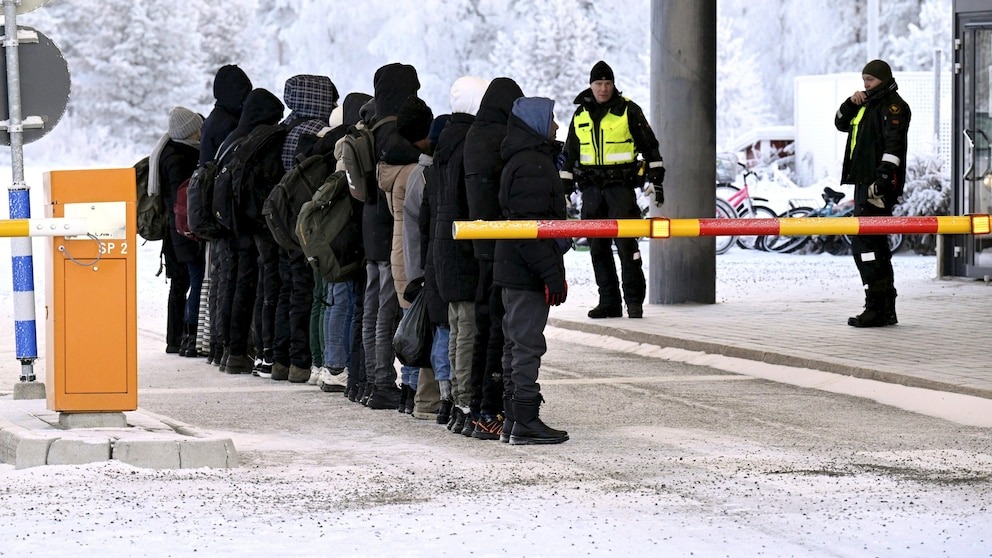Edinburgh’s Royal Mile, a historic stretch of cobblestone streets connecting the iconic Edinburgh Castle to the Palace of Holyroodhouse, has long been regarded as the heart and soul of the city. Lined with centuries-old buildings, charming taverns, and shops selling traditional Scottish wares, it has been a significant tourist attraction for decades. However, in recent years, the Royal Mile has faced criticism for the proliferation of gift shops, leading some to brand it as “embarrassing” and questioning its authenticity.
The Royal Mile’s transformation from a bustling hub of Scottish culture to a street filled with an overwhelming number of gift shops has been a gradual process. What was once a place where locals would gather for social and commercial activities has now become a magnet for tourists seeking tartan scarves, whisky-filled souvenirs, and other trinkets embodying Scottish stereotypes.
Critics argue that this commercialization has diluted the street’s historic charm and cultural significance. With each new gift shop that pops up, they claim, the Royal Mile loses a bit of its authenticity and becomes more of a theme park than a genuine representation of Scotland’s rich heritage.
The rise of gift shops has had a profound impact on local businesses operating on the Royal Mile. Traditional establishments such as family-owned pubs, independent bookstores, and artisan craft shops, which once thrived due to their unique offerings, now struggle to compete with the flashy storefronts selling mass-produced items.
Moreover, the high rental prices driven by the demand for prime locations on the Royal Mile make it increasingly challenging for small businesses to survive. The result is a homogenization of the street, where the same merchandise can be found in multiple shops, leaving little room for the distinctiveness and character that once defined the area.
Preserving the identity of the Royal Mile while addressing the concerns of those who find it “embarrassing” is a delicate balancing act. The challenge lies in finding ways to maintain the street’s appeal to tourists while simultaneously supporting local businesses and promoting authentic Scottish culture.
Some proposed solutions include stricter regulations on the types of businesses allowed to operate on the Royal Mile, encouraging a diverse mix of shops that showcase Scotland’s unique heritage. Additionally, supporting initiatives that promote local artisans and craftsmen, as well as providing affordable spaces for independent businesses, could help revitalize the street and bring back a sense of authenticity.








